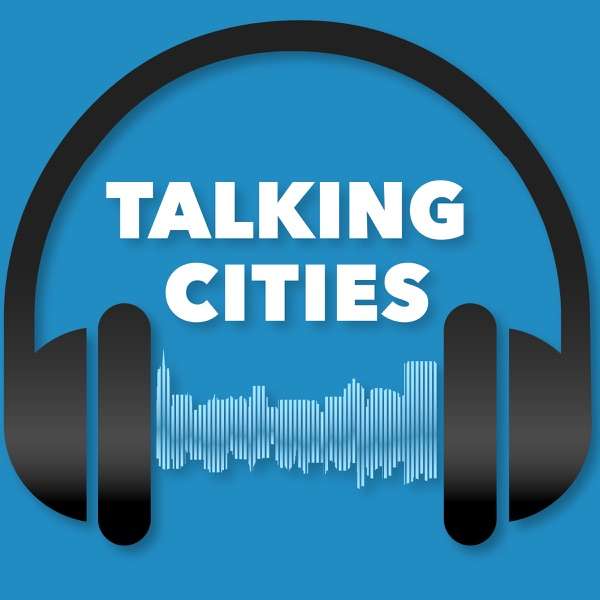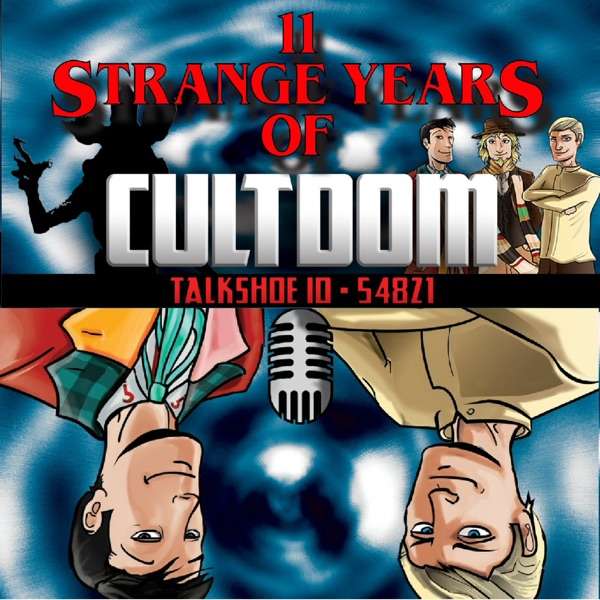This Is My Story is a special season of
Impolite Company focused on telling the stories of women who have made voting an act of faith. In this first episode, we talk with
Megan Westra, a Milwaukee-based pastor and author of the new book Born Again and Again: Jesus' Call to Radical Transformation.
You can find Megan online at
meganwestra.com and
buy her book by supporting independent bookstores.
Continue the conversation with us at
facebook.com/thisismystoryprojectEPISODE TRANSCRIPT:
AMY SULLIVAN: I’m Amy Sullivan, and you’re listening to This Is My Story, a special season of Impolite Company. Each week, we’ve be joined by a woman who was once solidly rooted in the world of conservative white Christianity, but whose faith and politics have since shifted. She’ll tell us that story, about what convicted her to see loving her neighbor as a commandment to shape not only how she lives her life, but also how she votes. In this first episode, I’m talking with Megan Westra, a Milwaukee-based pastor and writer. Megan grew up in Appalachia, in the kind of evangelical community where sometimes kids rededicated themselves to Christ before they were even out of elementary school—because you can never be too sure. She’s the author of a new book called “Born Again and Again: Jesus’ Call to Radical Transformation.” It takes a hard look at the stories so many of us were taught about Christianity, unravels them, and then puts them back together with refreshingly practical suggestions for both churches and individuals who are looking to embody a different kind of Christianity. As Lisa Sharon Harper says in her foreword to the book, “Megan invites those disillusioned by a white Jesus to be born again, again.” And in Megan’s case, that may technically be born again, again, again. But I’ll let her tell it. This is her story. MEGAN WESTRA: I was born and raised right on the West Virginia/Virginia border, so in the Appalachian mountains. A little bit further north than the heart of the Bible Belt, but still definitely in that part of the country. The very first church experience I had was we went to a United Methodist congregation for the first ten years of my life that my great-grandparents had helped found. I was super-super-churched—going to the United Methodist church on Sundays, but then I went with a friend to an Awana program at their Baptist church. I was a kid of the South in the 90s! If there was a church thing, I was there. Church camp, church whatever. In my book, I talk about how I got saved for the first time when I was four years old, apparently. I don’t remember that, but that’s what my mom always told me. From the get-go—I do not have memories outside of a life that was steeped in some kind of faith. Now, granted, growing up it was this very traditionally evangelical—like, altar calls at the end of every service, “If you were driving home from church tonight and you got in a car accident, do you know where you would go?” Right, that kind of rhetoric. And very much defined by all of the markers that we’ve become familiar with since 2016, as far as, what are the things that evangelicals care about. Well, we want somebody who says that they oppose abortion. And I want to be real clear—they
say that they oppose abortion. AS: And were those messages, in terms of what the political priorities were, cultural priorities—were those explicit? Or are those things that you just pick up from being part of the community? MW: That we should support pro-life candidates, and only pro-life Republican candidates, was pretty explicit from really early on in my life. I remember being in elementary school, and I was watching Nickelodeon with my cousins at my grandparents’ house, and there was a kids’ election poll. I don’t even remember who was running—it was one of the Clinton terms, though. You still called in on your landline phone because cellphones weren’t a thing yet. And you pressed “1” to vote for one person and “2” to vote for the other. My cousins both called in and voted for Bill Clinton. And I was like, “I’m sorry—what? What? That’s not allowed.” That was my framework, even as a young child. You’re not allowed to do that and love Jesus. AS: I love that you write about rededicating your life to Christ by the age of, what, 12? MW: Yeah! The ripe old age of 12! AS: You are not the first person I’ve talked to who felt like they must have erred at some point and had to rededicate themselves at age 8 or 10 or 12. What was your sense of what was required of you as a Christian? MW: I don’t even know if I had a really strong sense of what that would have looked like. If someone had sat 10-year-old me down and told me my life: Megan, you are in church three days a week and you help your parents with things and you go visit your grandparents. All the little things that kids do to try to be good little humans. If somebody had sat me down and said, what else would the Lord require of you? I don’t think I could have answered that question. It more came down to this constant image of God that I was being fed, by faith leaders from the pulpit on Sunday mornings, in Sunday school lessons. That God was angry and needed to be appeased. You had to accept Jesus into your heart. And God killed Jesus so that you could be—not even okay with God, but God wouldn’t burn you forever because God killed God’s son. That’s such a horrible story. That’s a terrible story! AS: Well, it’s definitely not an uplifting story, that’s for sure. You know, I really connected to the kind of Catch-22 that you write about, that if you’re a child who grows up in the church, there’s a pretty good chance that you’re already on the straight and narrow. And yet the church places such an emphasis on having a story of transformation. What do you do if there’s no turnaround that has to be effected? I’m wondering—so you’re a self-described super-church kid, you’ve been saved multiple times. What was your thinking as you approached the end of high school? MW: I’m feel like I’m kind of a stereotype because I came up through youth group in a period when the assumption was: “When you get to college, your faith is going to be challenged. You’re going to have to work really hard to not let the ‘liberal’ professors pull you away from God. So be prepared. Be prepared to have to stand for your faith. Going into the university, be prepared to be persecuted. Be ready.” So I went a small Christian college in part because that was, “Well, if you don’t want to be completely dragged away, you should go to a Christian college. It’ll still be hard! You’re still going to be pulled by the influences of the world and of academia! But at least you’ll have some strong Christian professors who will be helping you.” I went to a small Christian college there in my hometown, both because that seemed to make a lot of sense and my parents really encouraged that. I didn’t give a whole lot of thought to it beyond, I need to be prepared to defend my faith, even on this small Christian college campus. And just assumed that was what I would have to do, that I would get there and there would be some professors that would be really supportive and there would be professors who would try to “lure” me away. I remember in my freshman year, all of us from a fundamentalist background whispering about a professor who didn’t believe in inerrancy. There would be some professors who would try to lure me away. I remember in my freshman year, all of us whispering—those of us who were coming out of a more fundamentalist background: “Oh, watch out for this one professor. He doesn’t believe in inerrancy. You have to be careful in his class!” And I just laugh about that now, because I’m like, “Oh, man, I probably should have paid more attention in his class. I probably would have learned some really great things.” AS: But it turns out that your faith was challenged in college. Just not in the way you had anticipated...
Link to full transcript of This Is My Story, Episode 1

 Our TOPPODCAST Picks
Our TOPPODCAST Picks  Stay Connected
Stay Connected







